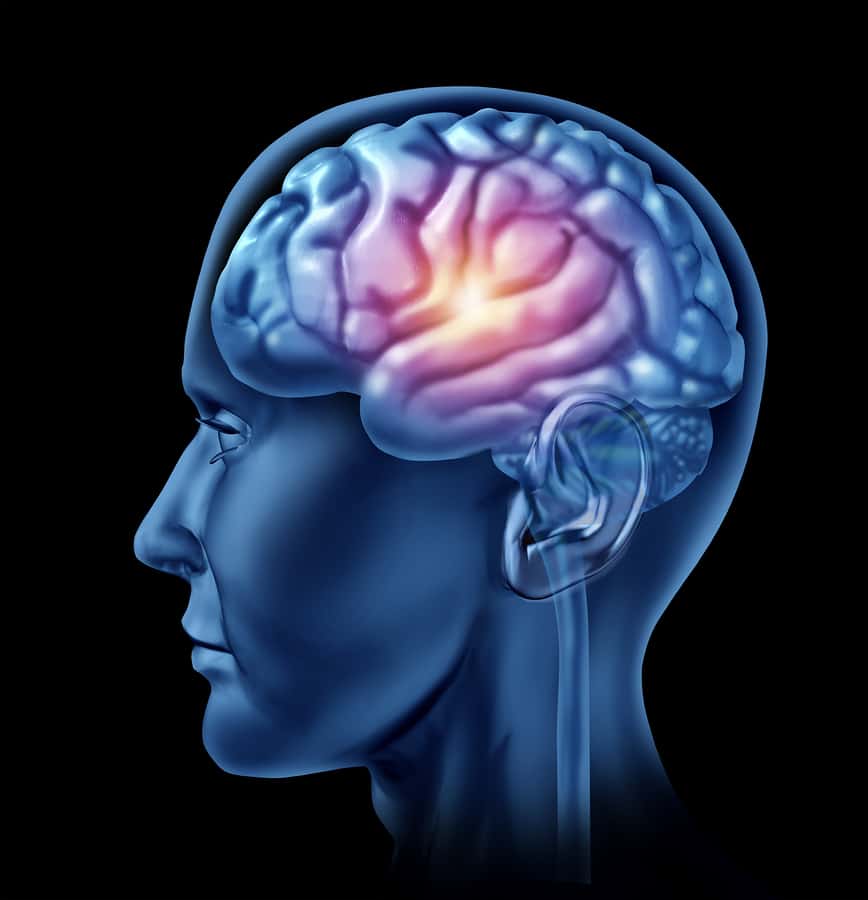Is your elderly loved one at risk for a traumatic brain injury? Chances are if they are 75 or older, they belong to the age group with the highest rates of traumatic brain injuries that result in hospitalization, long-term care, and even death. The leading cause of traumatic brain injury in the elderly is falls.
Elder Care in Braselton GA: Traumatic Brain InjuriesAlthough the effects of a brain injury can range from mild to severe, most seniors are no longer able to live completely independently afterward. They may need a little help here and there or they may need full-time assistance from an elder care assistant. That’s why it’s important for family members to figure out what level of help their relative needs and finding an elder care agency that provides trained professionals to administer in-home care.
Here are some frequently asked questions that family members often have concerning traumatic brain injuries in elderly adults:
Q: How do traumatic brain injuries happen?
A: When the head sustains a serious and violent blow, injuring the brain, it triggers a series of reactions that affect the body. In the first few days and weeks of a brain injury, brain chemistry is affected by bleeding and swelling. As the initial injuries subside, the patient starts on the road to recovery. Due to age, it is much more difficult for seniors to recover successfully.
Q: What are mild traumatic brain injuries like in the elderly?
A: Brain injuries are classified as either mild or severe. In mild injuries, the elderly person may struggle with headaches, dizziness, imbalance, lack of focus, disorientation, and mood swings. Other symptoms in recovery may include inconsistent sleep-wake cycles, restlessness, confusion, and emotional overreactions such as aggression and frustration.
Q: What are severe traumatic brain injuries like in the elderly?
A: Severe traumatic brain injuries are much harder to recover from and may include recovery symptoms such as emotional imbalance, communication challenges, loss of physical mobility, loss of body control functions, and poor memory. In extreme cases, severe traumatic brain injury can trigger a vegetative state.
Q: How can elder care assistants help seniors with recovery from traumatic brain injury?
A: Generally, seniors with brain injuries need help in doing basic caregiving tasks for themselves, such as bathing, dressing, cooking, cleaning, and running errands. Depending on their condition and their progress in recovery, the elderly adult may also need help from an elder care aide in getting in and out of beds and chairs and into a wheelchair.
Q: Do seniors with traumatic brain injuries ever get better?
A: With a severe traumatic brain injury, aging adults are usually physically impaired at some level in the beginning. The recovery phase could last anywhere from six months to several years. Recovery all depends on the individual and there’s no way for doctors to predict when elderly adults will heal, if ever.
Seniors take longer to recover from traumatic brain injury due to age-related conditions and illnesses. If you are making in-home care plans for your elderly relative with a traumatic brain injury, make finding an elder care assistant your top priority for optimum recovery.
The staff at Home Care Matters is available to talk with you and your family about all of your needs. Home Care Matters is a home care agency providing quality and affordable elder care in Braselton, GA and the surrounding areas. Call (678) 828-2195 for more information.
Source:
http://www.ncmedicaljournal.com/content/76/2/111.full
Valerie has the unique experience with home care as she has experienced it from both ends of the spectrum, as a caregiver and as needing care herself as a cancer survivor. Valerie says, “Taking care of someone you love is a physically, mentally and demanding labor of love.Taking care of my mom was the hardest thing I have ever done. It has given me an insight and perspective not many people understand unless you are doing it or have done it.I loved taking care of my mom.I love helping others take care of their love ones too.And now that I’ve been sick, it’s given me a whole new level of empathy and understanding for those who are sick and need help.”
Valerie’s schedule varies daily, but she loves visiting with our clients, families, caregivers, our network partners and being in the office.Says Valerie, “Every day is different, but I wake up excited about what we do, inspired by our team, clients and caregivers.I strive to be a resource to the community.I love my team and I love what we do every day. I like to think my mom would be proud.”
You can reach Valerie by email (Valerie@homecarematters.com) or in our office (770.965.4004).
- How In-Home Alzheimer’s Care Helps Your Parent Stay Safe and Comfortable - December 26, 2025
- After the Fall: How Home Care Helps Seniors Recover Safely at Home - December 19, 2025
- Supporting Seniors with Memory Challenges Through Compassionate Senior Home Care - December 12, 2025

